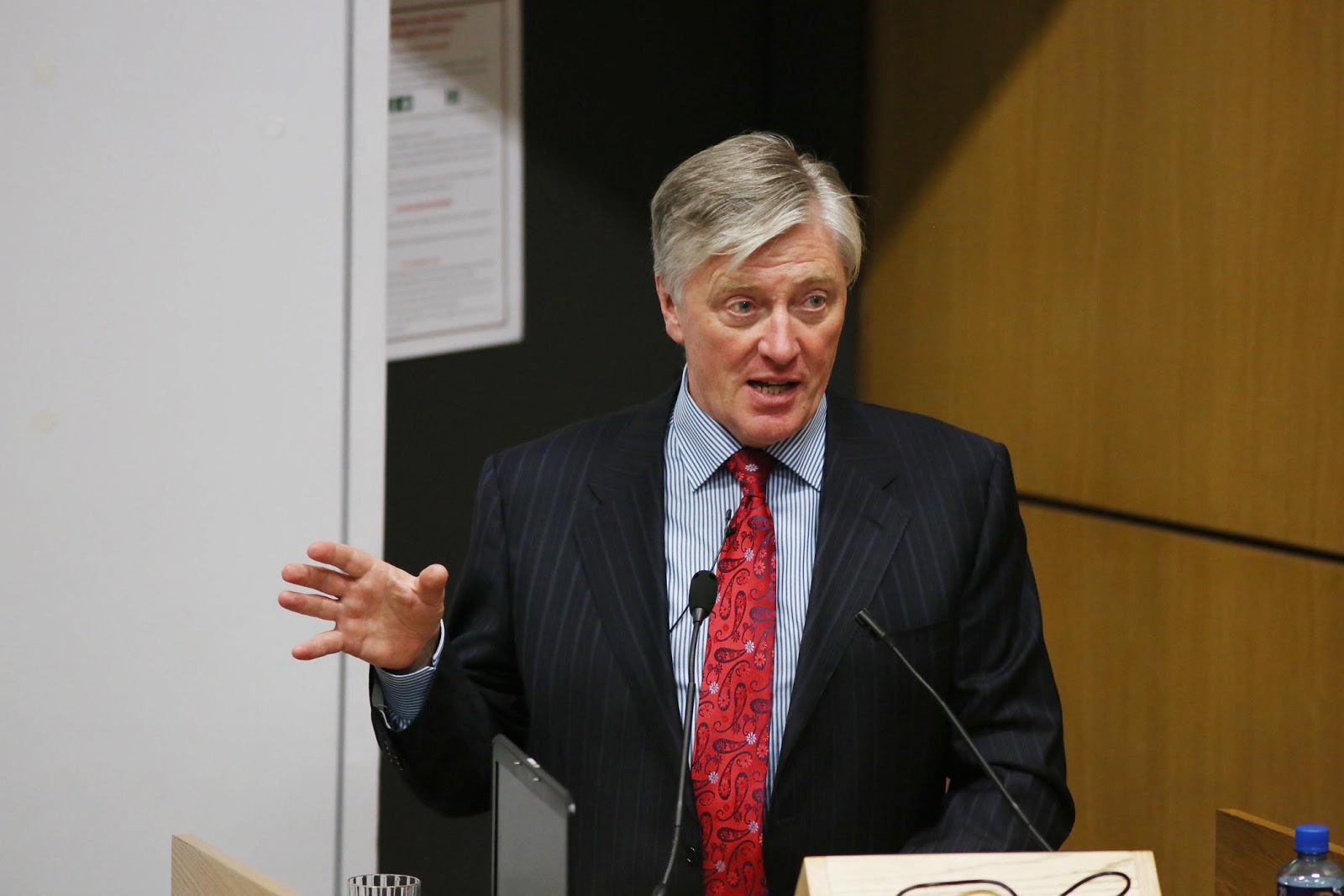Do you feel like you will be moving into a different style of broadcasting at Newstalk?
Obviously there are more pressing commercial things. For example, commercial breaks are longer. We are sponsored in a way that I wasn’t sponsored at Radio 1. So there are different intrusions that I wasn’t used to, but I’m getting used to them now.
Newstalk sometimes markets itself as broadcasting the news without the “state spin”. Do you feel relieved to get away from this “state spin” at RTÉ?
Well I always thought that talking about spin was perhaps a little bit unfair towards RTÉ. Certainly on the programme I did, we were never interfered with. There were never calls from ministers, or managers coming down and telling us not to do something. At Newstalk, we are still required by the broadcasting act to be fair and impartial. So.. It’s looser at Newstalk. That’s the best way to put it. It’s looser. But the legal constraints are exactly the same.
So do you think Newstalk is being cynical when it markets itself as a station without spin?
I wouldn’t say that. I mean… You’re asking me to talk about my current employer and diss my previous employer. And I’m simply not going to do that.
Do you feel like you will have the opportunity to be more forthright with your own personal views now that you are at a commercial station?
As I say, it’s slightly looser. I have a dialogue with Ivan Yates every morning, which often impacts on the personal. That’s what I mean by looser though. I’ve never been one to push my personal views. I will be devil’s advocate, and in a very extreme way sometimes, but I would hope that at the end of any programme people would not know what way I felt. I’m not going to be hectoring from some sort of pulpit. That’s not my style.
The videos of you being heckled on live television have become internet favourites over the last few years. How do you respond to this?
It goes with the territory. Obviously, you have to be careful that you don’t let anyone libel people on air. That’s always difficult with live programmes. But vulgar abuse is part of what we deal with all the time.
What is going through your mind when the vulgar abuse is taking place?
Firstly, you’re thinking: “I better be careful with this for legal reasons. Then you’re thinking: “This will be a water cooler moment, or an internet moment, or a youtube moment.” But I don’t mind being attacked, I don’t mind being the subject of criticism. It’s not a problem.
Do you have any advice for people considering a career in media or broadcasting?
Go do something else first. Media can be a very small bubble. There’s nothing worse than people who can’t see outside of it.







